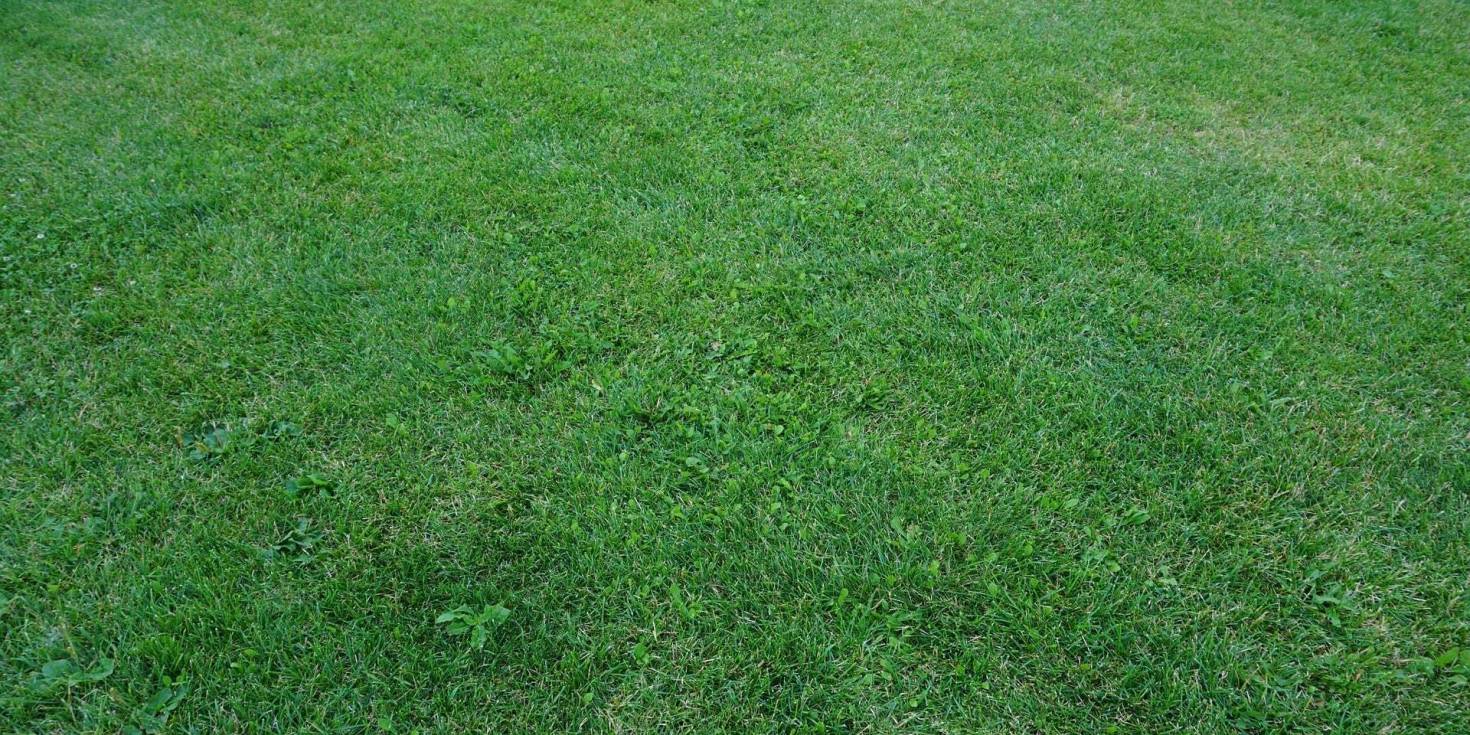The prospect of building your own home is extremely exciting. Creating the environment you and your family will spend much of the future and customizing it exactly the way you want, as opposed to the way somebody else wants, sounds great. And often times it is, but there’s a very important point to remember… don’t put the cart before the horse, or your dream may turn into a nightmare.
Without a solid foundation, you'll have trouble creating anything of value.Erika Oppenheimer
Choosing the right piece of land is quite possibly the most important decision you’ll make throughout the entire buying, decision-making, and construction process. Sound crazy? It may seem silly until you realize if you get that wrong, you essentially get the rest of the process wrong. It’s much easier to do the appropriate research, start with a solid foundation, and get it right the first time than to make a mistake leading to damages, compromises, delays, and expenses in the future.
Although the concept of buying dirt sounds simple enough, it can turn out to be a little more tricky and complex than you might think. The technological advancements in real estate allow you to have access to properties for sale throughout the U.S. all while sitting in your recliner, but they also grant access to everyone else whom you’ll have to compete with. There are a considerable number of development companies and local governments buying up large quantities of land to build houses, businesses, and parks. Nowadays there are all sorts of restrictions such as zoning, building codes, and environmental issues. Combining these elements together can result in a challenging land buying process.
There’s no need to get discouraged, though. Buying the land yourself before you build will provide you with more options. As long as you're willing to address these considerations and do your homework, you’ll be in good shape to turn your dream home into a reality.
Location and lifestyle
Before anything else, you’ll want to select the general area where you want to live. Once you nail down the town, city, or county you want to live in, think about whether or not you want to live in an urban, populated area, or if you’d prefer more of a rural, countryside lifestyle. Some people don’t mind their home being 10 feet away from the neighbor’s house, while others would rather live in a secluded location with more privacy like you'll see in our rural properties for sale.
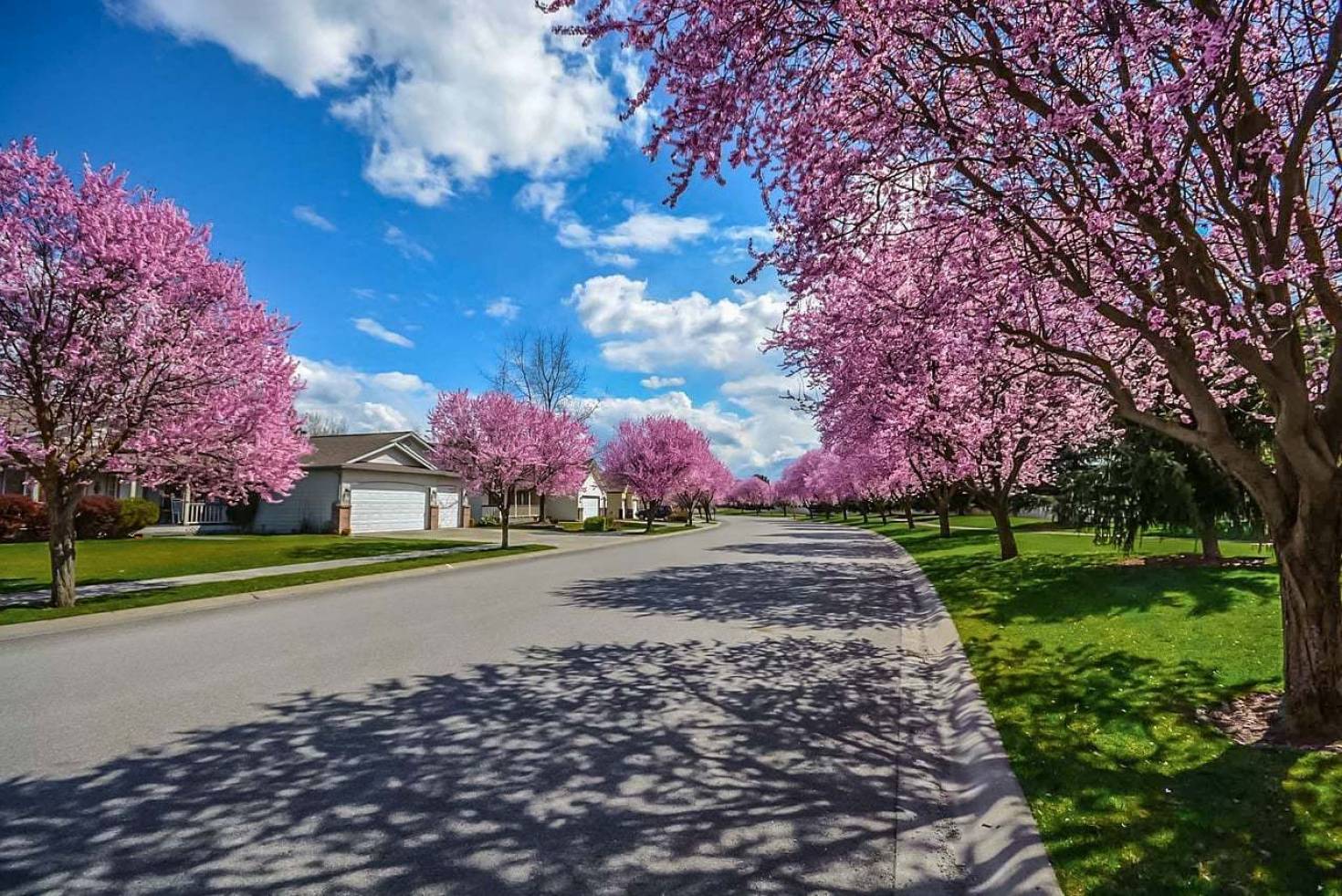
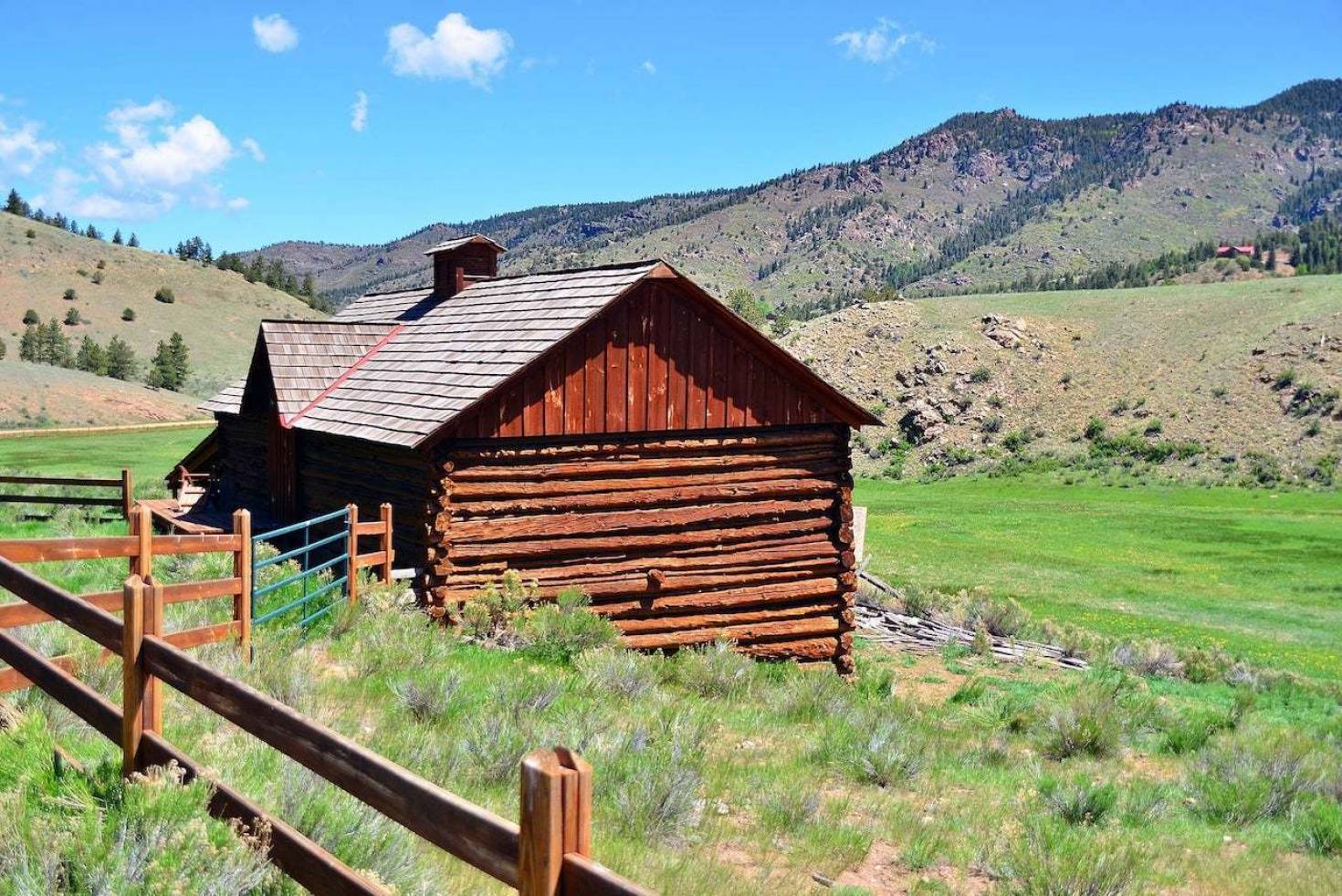
Consider how close you want to be to your family and friends. How far away are you willing to be from the workplace? If you have kids, how close is the drive to school? Where is the nearest hospital in case someone needs medical attention? You need to have access to the right things. Is the site located in a safe area, or is the crime rate a cause for concern? What do the adjoining properties look like? Last but not least, what kind of view do you have in mind? Where does the sun hit the property? Are you looking for a view out in the open, or possibly hidden in the forest among the trees?
An aspect that gets overlooked in some cases is to envision what the area may be like in 5-10 years and does that picture look how you want. If your goal is to live on off-grid land in a remote, backwoods-type area, make sure the site is not in the path of economic growth. For more insight on off-grid living, check out our article on how to live off the grid. Make a list of what you’d want in a perfect world, and what you can’t do without. These issues don’t necessarily have to be set in stone, but if you go ahead and make some of these decisions before you start your search, it tends to make the process smoother.
The searching process
When you feel confident about the issues mentioned above, you can begin searching for land. It’s much easier to find property in this day and age with so much information at your fingertips. Our residential land for sale is a great place to start, featuring buildable lots throughout the United States. You can take advantage of our location, size, price, type, and tag features to find exactly what you’re looking for as well as use our map features to view from a terrain, satellite, or 3D perspective. For example, whether it's a dream or a reality, people like to check out our islands for sale when looking for land to build their dream home. It’s worth noting that once you start finding properties that fit the bill, there’s still a lot of work left to do to ensure you choose the right piece of land.
Land specialist
Depending on your level of comfort and experience, it’s usually not a bad idea to enlist the services of an expert. There are a lot of land brokers and agents out there with the Accredited Land Consultant designation from the Realtors Land Institute. There are also many real estate agents out there who simply have a significant amount of experience with land. If you’re looking for an easy way to find a land specialist near you, look no further than our agent directory. One of the main benefits of hiring a land specialist is they may be able to help you identify many of the potential problems that can come with a piece of land that you might have missed on your own.
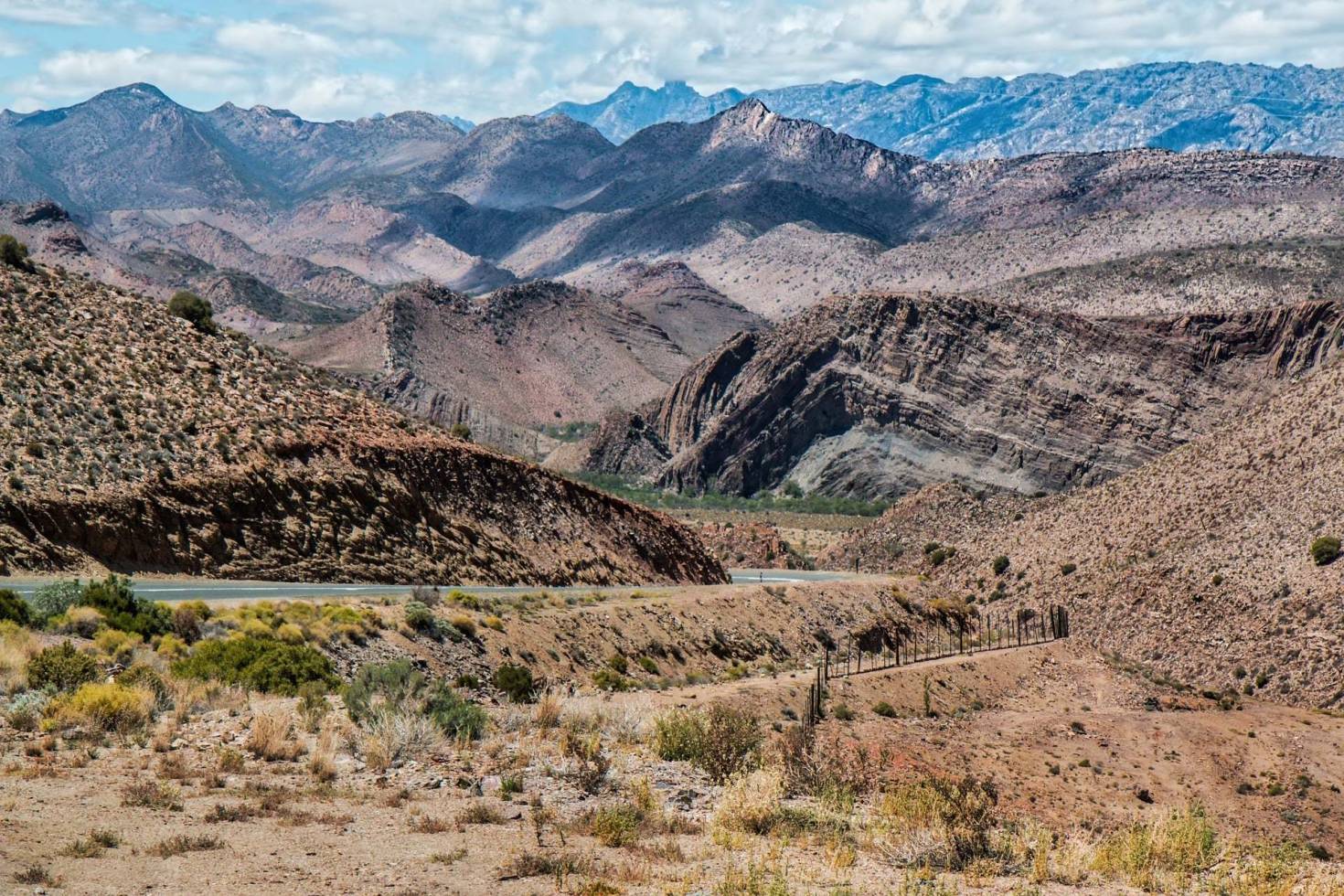
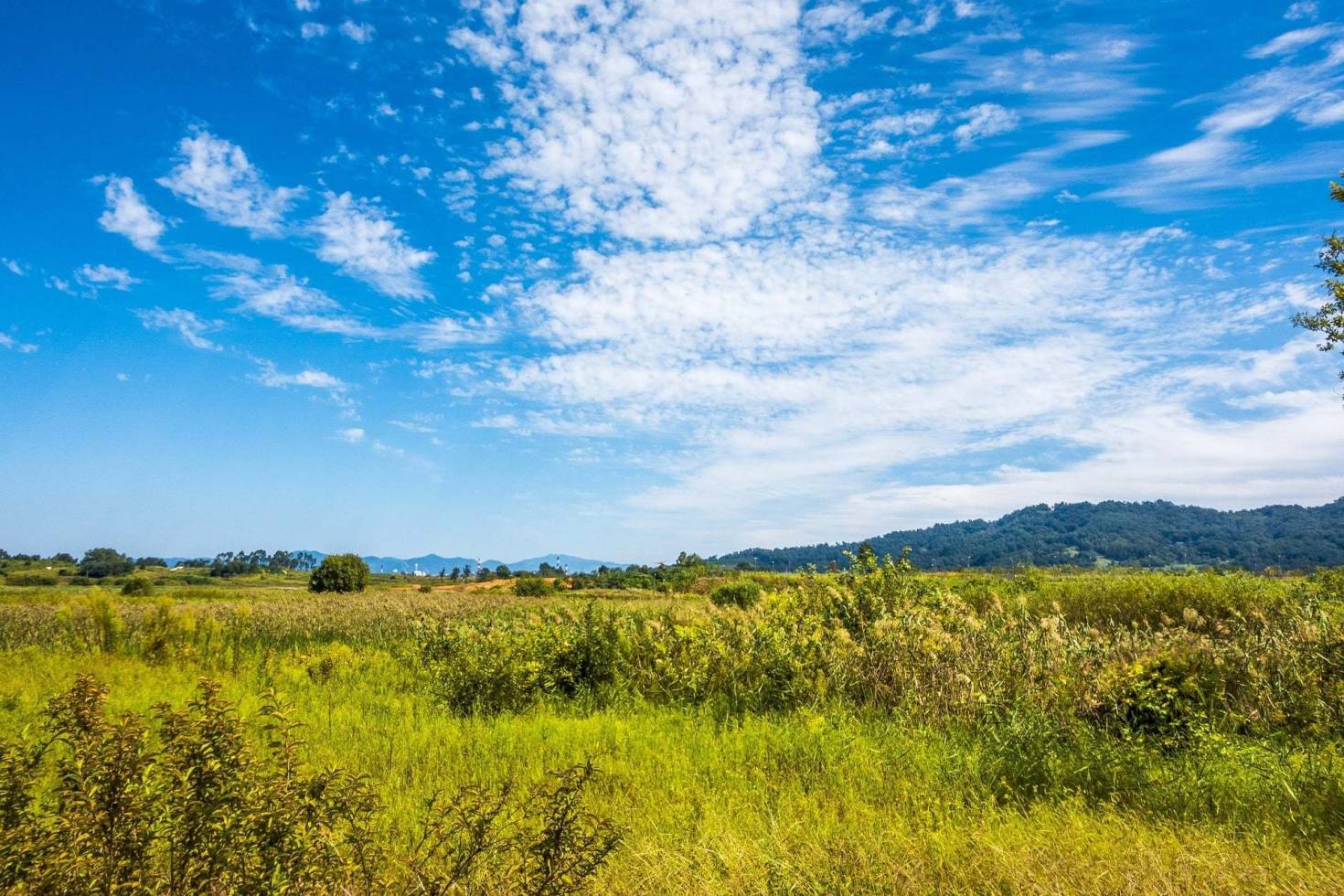
Topography, size, and shape
The natural features, size, and shape of the property are really important factors to take into consideration for a couple reasons. First off, certain elevations, terrain, slopes, and physical features make it virtually impossible to build on. Second, these features may technically be buildable, but increase the construction difficulty level which means increasing your cost. How much site preparation will the land require before building can begin? Third, you’ll need to take the geographic characteristics into account in determining if the land fits your situation. If you have small kids you may not want to choose a property that has cliffs or any dangerous components.
Fourth, the size of the parcel obviously matters in deciding whether or not the property makes sense for you. Make sure it’s big enough to build on, and there’s enough room left over for whatever use you have in mind. Fifth, just because the acreage or square footage is suitable, doesn’t mean the shape of the property is. In most peoples' heads properties are square, but this isn’t reality. Land comes in all kinds of shapes and sizes. If you’re looking for 3 acres to build on, you probably won’t be interested in a long rectangular property that’s 30 feet by 4,356 feet. When taking size into account, it's important to be familiar with the acre. If you need to know more about the size of an acre, check out our blog discussing how big is an acre of land.
Restrictions
One of the themes throughout these considerations is to make sure you can use the land in the way you intend to. Today, there are far more ways a property’s use can be restricted than there used to be. Subdivision regulations, zoning ordinances, easements, building codes, standards, and permits, regulations regarding endangered species, wetlands, water quality, toxic materials, and other more complex environmental issues are examples of potential restrictions that could keep you from building.
Zoning is the obvious factor and can dictate what the highest and best use is. If the land is not zoned residential or commercial as the case may be, it’s possible to get the land rezoned, but it’s not guaranteed. To hear more, make sure to read our piece on what’s involved in the rezoning process. Or to learn about various land uses, take a look at our post digging into different land use and property types. You’d hate to pull the trigger on a sale then find out after the fact the land has a constraint that won’t allow you to build any type of structure. If you want to avoid this altogether, check out our unrestricted land for sale throughout the country.
Bundle of rights
You may assume when you purchase a property you automatically own all of it. This is only a half-truth. The rights to use the property are called the "bundle of rights" and usually include the ability to own, control, use, dispose of, and sell the property. Some of the specific rights, such as mineral rights, water rights, wind rights, and timber rights, can be separated and sold apart from the rest of the rights. Check out our blog post if you’d like to see more about mineral rights specifically or if you're looking to buy land you can check out our inventory of land for sale with mineral rights. This normally applies only in certain parts of the U.S. In other areas, it’s not something you will likely have to worry about. Nonetheless, an informed buyer is going to make sure he’s clear whether or not the current owner owns all the property rights. Not owning the total bundle of rights is a deal-breaker for some buyers.
Surveys
The process of buying land, building a home, and moving in is a substantial financial and life-changing investment. Land can contain subtle and deceptive problems. It’s vital that you know exactly what you’re getting. Surveys are a great way to get this done. Ideally, there will have been recent surveys performed, but this isn’t the case in many circumstances. There are several different types of surveys including property/boundary surveys, environmental surveys, topographical surveys, control surveys, and more. These in-depth analyses can provide you with crucial pieces of data that can make or break your decision of whether or not to buy the land such as the exact property dimensions, environmental hazards, wetlands, how well the soil percolates and if it will shift, if it’s located in a flood zone, zoning, if it's conservation land or other easements, notable features, and deed restrictions.
According to thousands of actual cost profiles from Improve.net members, the national average cost of a land survey is $463. If you want to explore land surveys further, make sure you read our article explaining the importance of getting a land survey before buying property.
Road access
Accessibility is a crucial element in valuing land and ultimately deciding whether or not to buy it. You might be surprised by how many properties there are with no road access. In other words, the property is landlocked. Does the lot have a way to get to it, and how easy is it? Are there any easements associated with the property? If the answer to these questions is no, you may be able to obtain an easement to access the property by way of the neighbor's property, if the neighbor agrees. Here’s a hint. Depending on the type of neighbor they are, they may need some incentive to grant you access.
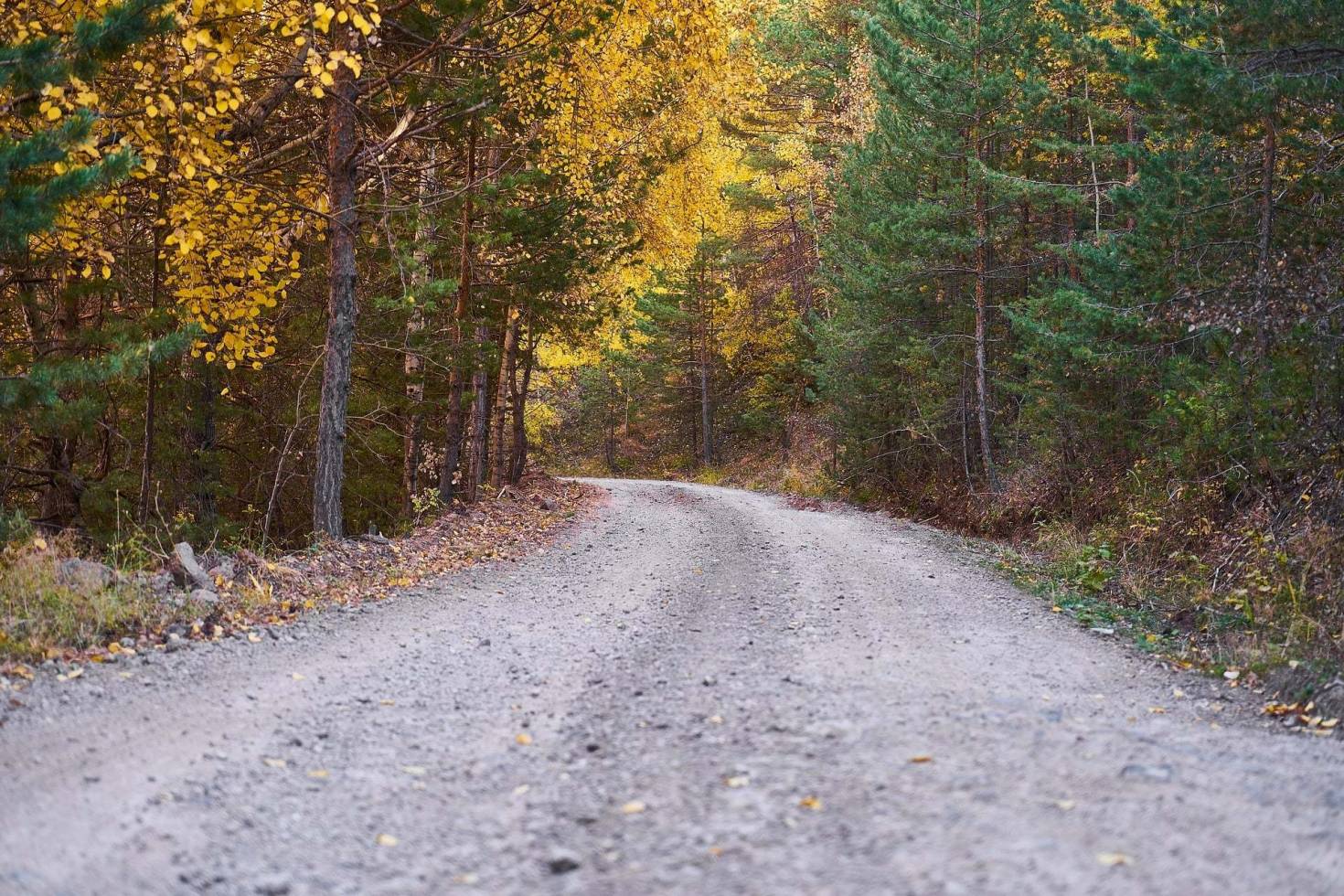
Of course, you can have a driveway or some kind of access road put in, if it’s in your budget, but clearing land and adding an access road isn’t cheap. The cost depends on the size, the material, and the slope of the surface. According to HomeAdvisor, the national average cost of a concrete driveway is $3,000, a gravel driveway is $1,500, a heated driveway is $10,000 and installing asphalt paving is $4,600. A property having no legal access may be a legitimate reason to walk away depending on the scope of the project it would require to build access in. A great piece of land won't do you much good if you can't get to it.
Utilities
There are certain services your average person needs in order to live reasonably and tolerably. These generally include access to water, a sewer system, and electricity. Others may consist of gas, cable, Internet, phone, and whether or not cell service is available. If these utilities are unavailable (especially the first 3), it may be time to walk away and move on to another property. The cost of bringing utilities varies depending on the municipality, but it’s likely to be substantial and time-consuming.
Price
The right piece of land is only the right piece of land if the price is right. Even if you find the perfect property that will allow you to do everything you want, if you can’t afford it and the seller won’t come down on the asking price, it’s not the right property. It’s important to work out a budget that makes sense and stick to it. Our land pricing tool is a great resource to get a feel for the price per acre of land for sale in each state. In addition to making sure you can afford the land, you’ll want to confirm the price is fair. You can verify the price by taking a look at comps (if there are similar properties available), seeking help from a land specialist, or getting the land appraised. If you happen to be interested in learning more, check out our article discussing how to value land. Where's the cheapest land? Head over to our cheapest land in the U.S. blog.
Experience
Actually stepping foot on the property and experiencing it for yourself can make a big difference. Shockingly, there are a lot of cases where people felt sure about a property and were convinced buying it was the right move… until they saw it in person. To feel reasonably secure your making the right investment, it’s a good idea to “get dirty” and walk the property to make sure the picture in your head matches the real thing.
If you already have an architect and a builder picked out, it may be worth consulting with them before you purchase the land. They might have some insight and preferences that you would’ve never thought of. It’s not a bad idea to get a civil engineer involved as well to make sure you crossed all your t’s and dotted all your i’s. You can find local professionals like these in our service directory. You should remember during this process that obtaining a land loan is different than obtaining a mortgage for a house. To find out more about this take a look at our post explaining how to obtain financing for a land purchase.
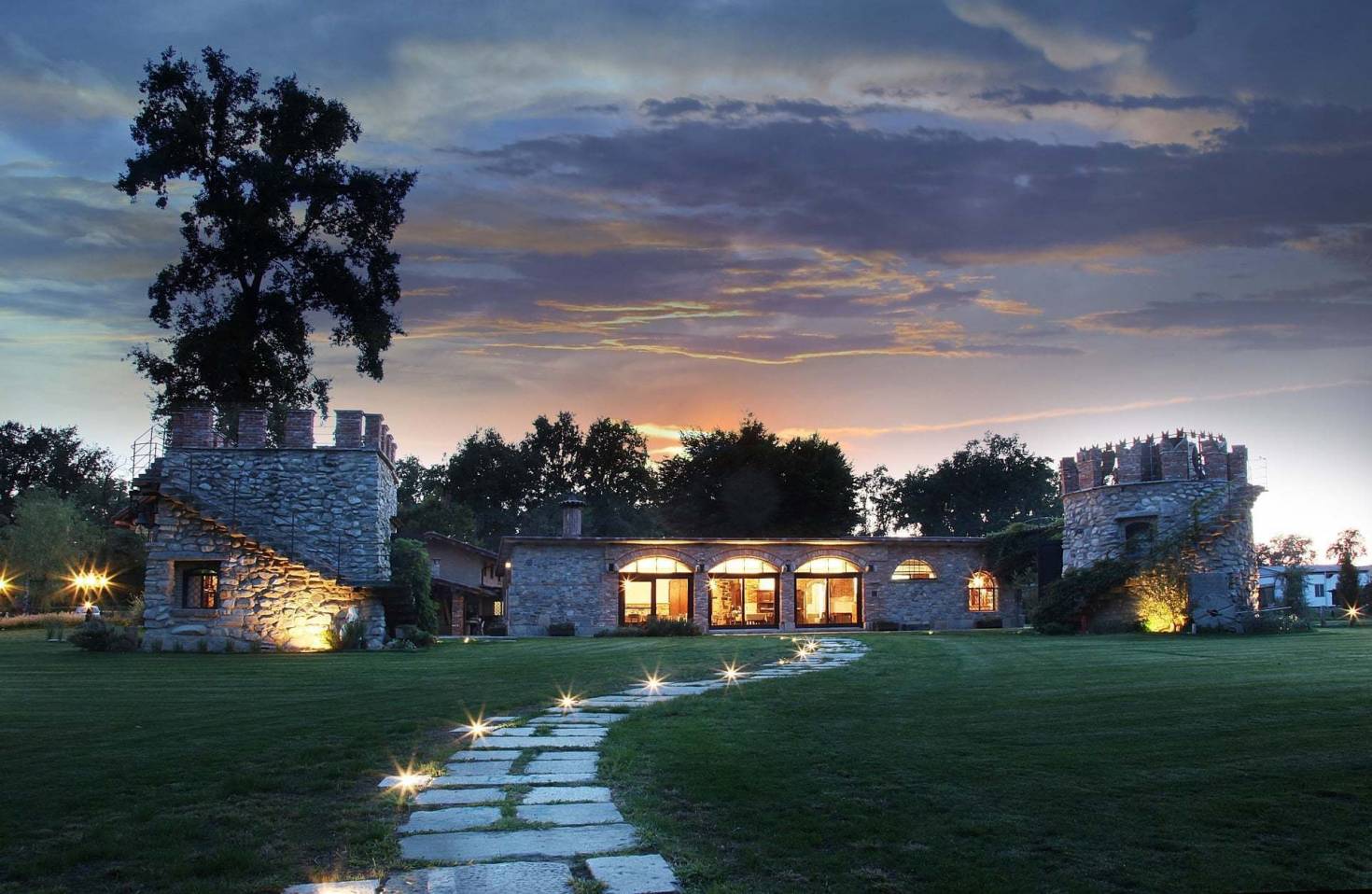
If you address all the appropriate issues and are willing to practice some patience during the due diligence process, it’s almost impossible for you to make a bad investment. If you considering making a land purchase, check out our step-by-step guide on how to buy land and to double-check yourself, take our land buyer checklist with you pointing out 20 questions you need to ask before buying land. The amount of land available in the United States is decreasing every day as structures are going up in the form of houses, offices, and recreation projects, so don't wait any longer. Buy land near you while you still can.

